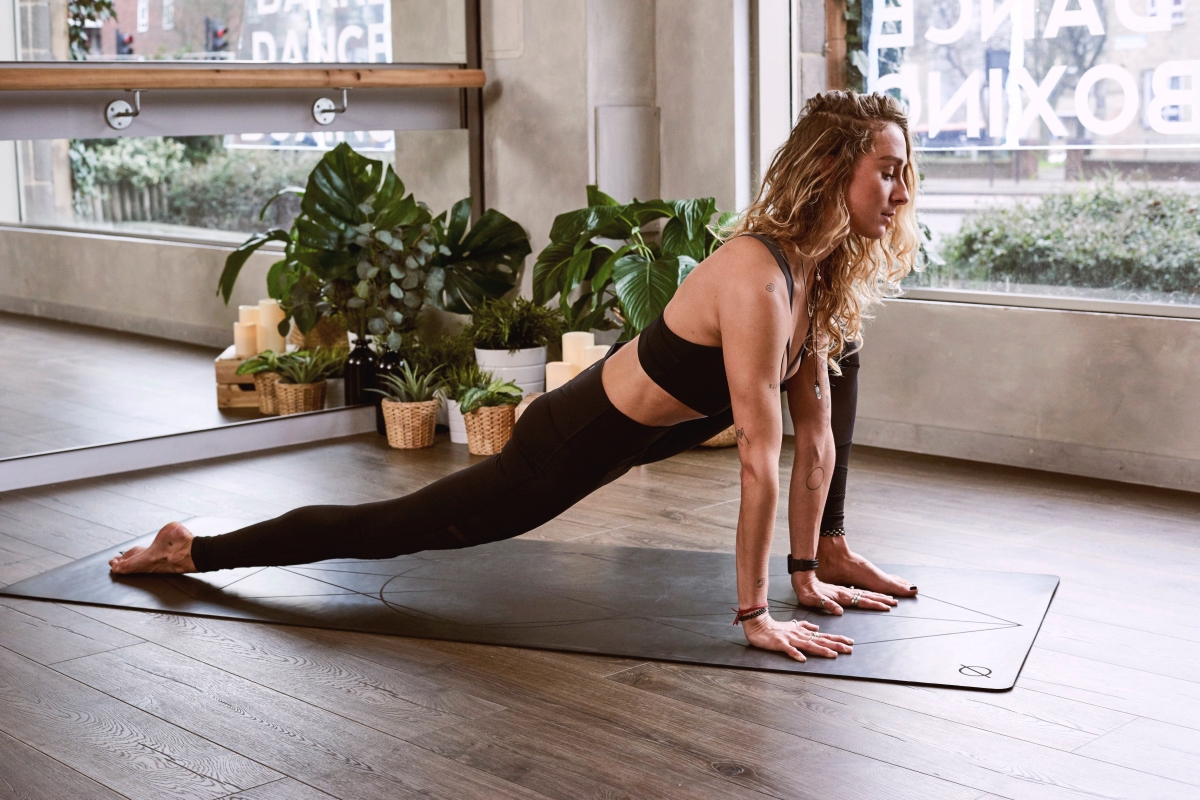Covid-19: Managing anxiety and stress during Pandemic
As we are starting to count lockdown by weeks, not by days anymore, I decided to check what my friends, colleagues and clients are doing to keep their mental health going. There Is much advice online on what to do and what not to do, but I wanted to hear directly from people. What is really helping? As I was reading through WhatsApp messages and emails, I was reminded yet again – we have ALL struggled and had breakdowns, come up and fallen again. We cried and laughed, and we accepted and felt anxious again. Are you familiar with Kübler-Ross stages of grief (denial, anger, depression, bargaining and acceptance)? I noticed that we are experiencing the loss of our usual everyday life – we grieve loss of socialising with friends, loss of our jobs, loss of holidays and many more things. Acceptance is a very desired outcome and I hope we all will reach it sooner or later.
I am sharing this list of things that helped/helps people in my environment to survive pandemics, perhaps, if you need, it could help you too. I have used my Psychology and Psychotherapy knowledge and information from trusted mental health websites to “back up” why these things are good for our mental health. List of things that helps for Covid-19: Managing anxiety and stress during Pandemic:
Daily routine. Having a normal daily/weekly routine can be an anchor and can give a sense of comfort. The certainty of our routine can help us to manage the uncertainty that life can throw up. Coping with unpredictable periods of time can feel more do-able when we have a little structure in place to look to.
Nature therapy. If there is a possibility, spending time outdoors and connecting with nature is a gift. Have you heard of shinrin-yoku? Translated from Japanese it means “forest bathing” – mindfully taking in the forest through our senses. Not everyone has a possibility to leave the house – you can enjoy working in the garden or looking after house plants. This gives a sense of purpose and achievement, and makes our surroundings more beautiful!


